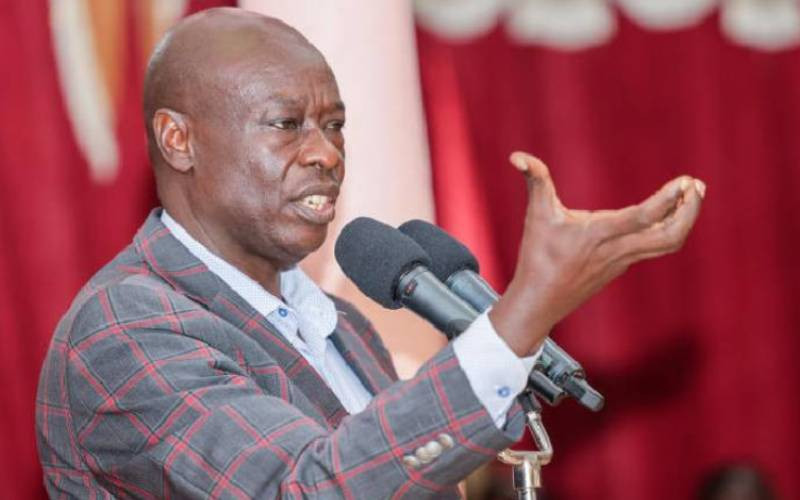As It Happens6:43Hospital treating war victims in Sudan shuts down after rebels attack
People in war-torn Sudan are running out of places to get medical help.
On Sunday, rebels from the Rapid Support Forces (RSF) paramilitary group stormed the South Hospital in the city of El-Fasher, opened fire, looted drugs and medical equipment, and made off with an ambulance, says Doctors Without Borders (DWB).
Now, one of the last functioning hospitals in the city at the centre of Sudan’s civil war has been forced to shut its doors.
“This is really outrageous,” Michel Lacharite, DWB’s head of emergency operations, told As It Happens host Nil Köksal. “What we are seeing is all the warring parties not respecting their obligation towards civilians and toward hospitals.”
The RSF did not respond to requests for comment.
4th time hospital hit in 2 months
It’s not the first time the DWB-supported hospital has come under fire during the war.
Between May 25 and June 3, the aid group says mortar shells and bullets have hit South Hospital directly three times, killing two health-care workers and wounding 14 patients and their caretakers.
But Lacharite says this is the first time militants actually entered the hospital, fired shots inside and looted supplies.
Because of the previous violence, the hospital was already in the process of evacuating its patients and staff in recent weeks. By the time rebels attacked this weekend, fewer than a dozen remained, and none were harmed.
“Fortunately …. all our staff succeeded to flee the hospital at the right time,” Lacharite said.
Lacharite told The Associated Press the group’s staff found two bodies inside the facility and they identified them as an RSF fighter and a military soldier. The circumstances of their deaths were not immediately clear.
The city of El-Fasher is the latest front on the yearlong war between Sudanese army and the paramilitary RSF. More than 1.8 million people live there, including hundreds of thousands of people who have been displaced by the war.
South Hospital was the only health-care facility in the city that could handle mass casualty events from Sudan’s war, DWB says. More than 1,300 wounded people sought treatment there between May 10 and June 6.
Patients have since been relocated to the Saudi Maternity Hospital, the only other hospital in the city with surgical facilities. Lacharite says staff are working to set up an emergency room there.
“But this is quite complicated. All the city is surrounded and quite unsafe. So even to organize the supply and the support to this hospital is a real challenge,” he said.
The World Health Organization and the United Nations both condemned the attack.
“The escalating violence in Sudan’s El-Fasher is dealing a crushing blow to civilians at their most vulnerable,” Martin Griffiths, under-secretary-general for humanitarian affairs, said in a statement.
Mass displacement, looming famine
Since the war broke out in April 2023, the situation has deteriorated rapidly.
More than 14,000 people have been killed in the conflict, thousands have been wounded, and the country is on the brink of famine, according to the United Nations.
The UN says widespread sexual violence and other atrocities from both sides have also been reported, amounting to war crimes and crimes against humanity, especially in Darfur.

The war has also created the world’s largest displacement crisis, with 10 million people forced to flee their homes, including over two million people who crossed into neighbouring countries.
Many of those displaced internally are living in El-Fasher, the military’s last stronghold in the sprawling Darfur region.
In recent months, the RSF has intensified its offensive to try and wrest control of the city. The military, meanwhile, has allied itself with rebel groups and formed a joint force to retain control.
Lacharite says the violence shows no signs of slowing down.
“We are very pessimistic. While we’re talking, both warring parties … are mobilizing more troops to continue the fight,” he said. “We are really, scared.”
With files from Reuters and The Associated Press. Interview with Michel Lacharite produced by Sarah Jackson




















Discussion about this post